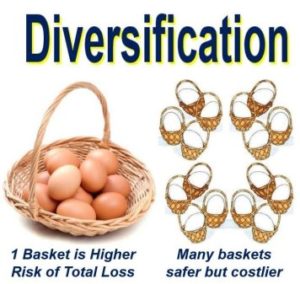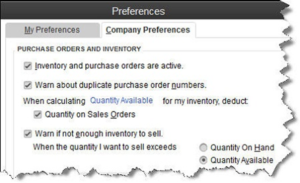Have a Tax Issue With the IRS? You Could Always Take Them to Court
What would you do if the IRS makes a decision you don’t agree with? For example, let’s say you file a tax return and send it in expecting to receive a refund of $1,500. However, a few weeks later, instead of receiving your refund, you get a letter in the mail informing you that you made a mistake and you will only be receiving $1,100. You’d be upset for sure, but most people probably figure there’s nothing they can do about it.
Actually, that’s not the case. Did you know that if you disagree with the IRS on your return you could ask them to change their decision? That sounds like a futile move, right? Why would they change their mind? There is another option, though. If you really feel that you have been treated unjustly you can take the IRS to the United States tax Court. That doesn’t sound very fun, either, but it is an option.
The good news is that the U.S. Tax Court is not affiliated with the IRS. That means the IRS is in the same boat as you if your case goes to trial. There are several reasons that people decide to challenge the IRS in court, which include:
- The IRS assess a deficiency
- An abatement request
- Request relief from a joint return
- Disagreements on worker classification
- Summons enforcement
- Gross income
- Accuracy-related penalty
While most people would rather not spend any more time dealing with the IRS than they have to, if you do feel you have been treated unfairly by the tax agency, then you don’t have to just sit back and take it.
Making Tax-wise Investments
Making Tax-wise Investments Tax considerations are not, and should never be, the be-all and end-all of investment decisions. The choice of assets in which to invest, and the way in which you apportion your portfolio among them, almost certainly will prove to be far more important to your ultimate results than the tax rate that…
Reducing Risk With a Diversified Portfolio
Reducing Risk With a Diversified Portfolio Have you been worried about the stock market’s recent volatility? You’re not alone. The stock market in March was a roller-coaster ride that served as a reminder to investors that the market’s ups and downs can be a little dizzying. But a volatile market should not leave you feeling…
Are You Defining Items in QuickBooks Correctly?
[vc_row][vc_column][vc_column_text] Create item records in QuickBooks carefully, and QuickBooks will return the favor by running useful, accurate reports. Figure 1: Clearly-defined items result in precise reports. Obviously, you’re using QuickBooks because you buy and/or sell products and/or services. You want to know at least weekly — if not daily — what’s selling and what’s…
Saving Money for College: Education Credits
Saving Money for College: Education Credits Education credits are tax credits available for qualified education expenses paid by the taxpayer in the furthering of their education. Qualified education expenses are defined as an expense paid during the tax year for tuition and fees required by an eligible educational institution for student enrollment and attendance. Room…




